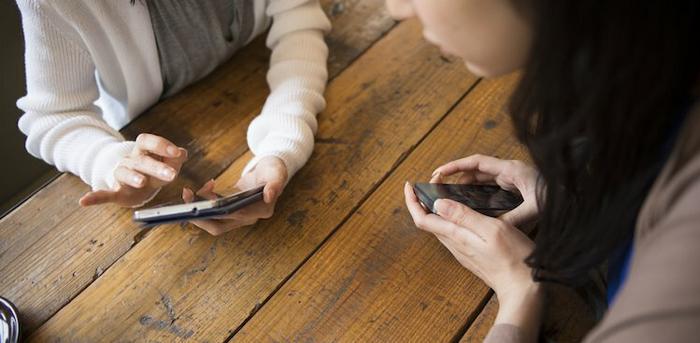Numerous individuals can’t be more than arm’s good ways from their cell phones. Here are five signs that people might be dependent.
Now and again alluded to as Nomophobia (no-cell phone-fear), the dread of not having their cell phone is genuine. It can trigger nervousness and side effects that, here and there, are similar to the dread of not getting that next fix from a medication.
“Smartphones and the social media platforms they support are turning us into bona fide addicts,” as indicated by an article distributed by Harvard University.
“While it’s easy to dismiss this claim as hyperbole, platforms like Facebook, Snapchat, and Instagram leverage the very same neural circuitry used by slot machines and cocaine to keep us using their products as much as possible,” the article proceeded.
Five signs people might be a cell phone fiend:
- Their cell phone is quite often in their grasp. People will be unable to quit checking web based life, messaging and utilizing their most loved applications. People invest a large portion of their free energy looking down at their cell phone, raising the virtual world to their essential methods for social communication and consigning this present reality to optional status.
- People feel a feeling of misfortune when isolated from their cell phone. Dangerous practices could incorporate “feelings of irritability or of being lost if separated from the phone [and] feelings of unease when unable to use it,” said one examination distributed in Frontiers in Psychiatry. What’s more, in the event that people are without their cell phone, people may experience difficulty discovering something to do that isn’t associated with utilizing the telephone.
- Virtual connections become more significant than genuine connections. Some of the time alluded to as “technoference,” an investigation from Brigham Young University analyzed how innovation meddles with connections. “While the big three disputes for couples’ arguments used to be sex, money, and kids, it seems smartphones are rapidly rising up that list,” said Psychology, refering to the investigation. “When your partner attends to a phone instead of to you, it feels like rejection,” the production composed. More elevated levels of technoference were related with more prominent relationship strife and lower relationship fulfillment.
- People regularly forget about time due to cell phone abuse. People don’t understand how a lot of time people’re squandering on their cell phone since it turns into a method for dealing with stress. “Symptoms of smartphone addiction are … comparable to substance abuse, including … losing track of time, failed attempts to cut back on use, and using a phone as a coping mechanism,” said a report.
- The attract to their telephone is serious to such an extent that people check their telephone while driving and additionally people fanatically check their telephone each opportunity people halt at a red light. Messaging while at the same time driving is possibly deadly. “Last year, 6,227 pedestrians lost their lives to the hands of drivers who were most likely driving under the influence of a smartphone,” said a 2019 study from Zendrive, a data analytics company. “Phone addicts have positioned themselves as public enemy number one, replacing drunk drivers as the ultimate threat on public roads.”
On the off chance that people perceive their conduct in a few or these portrayals, consider taking an advanced detox to perhaps help reconnect people to their non-virtual life.
Abigail is an English novelist who began her career as an actress. Her second book, Golden Boy, was described as a “dazzling debut” by Oprah’s Book Club.
Disclaimer: The views, suggestions, and opinions expressed here are the sole responsibility of the experts. No journalist was involved in the writing and production of this article.

